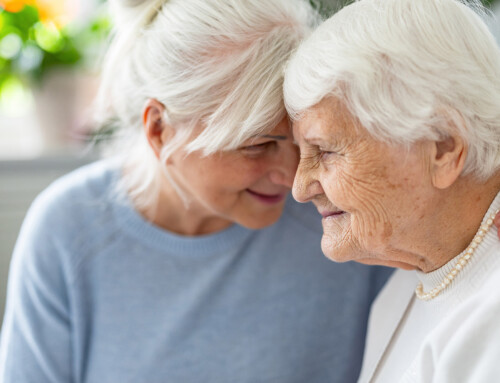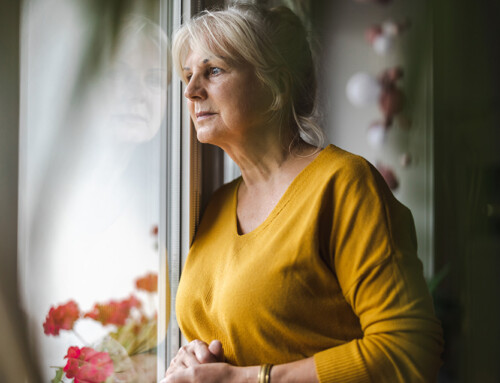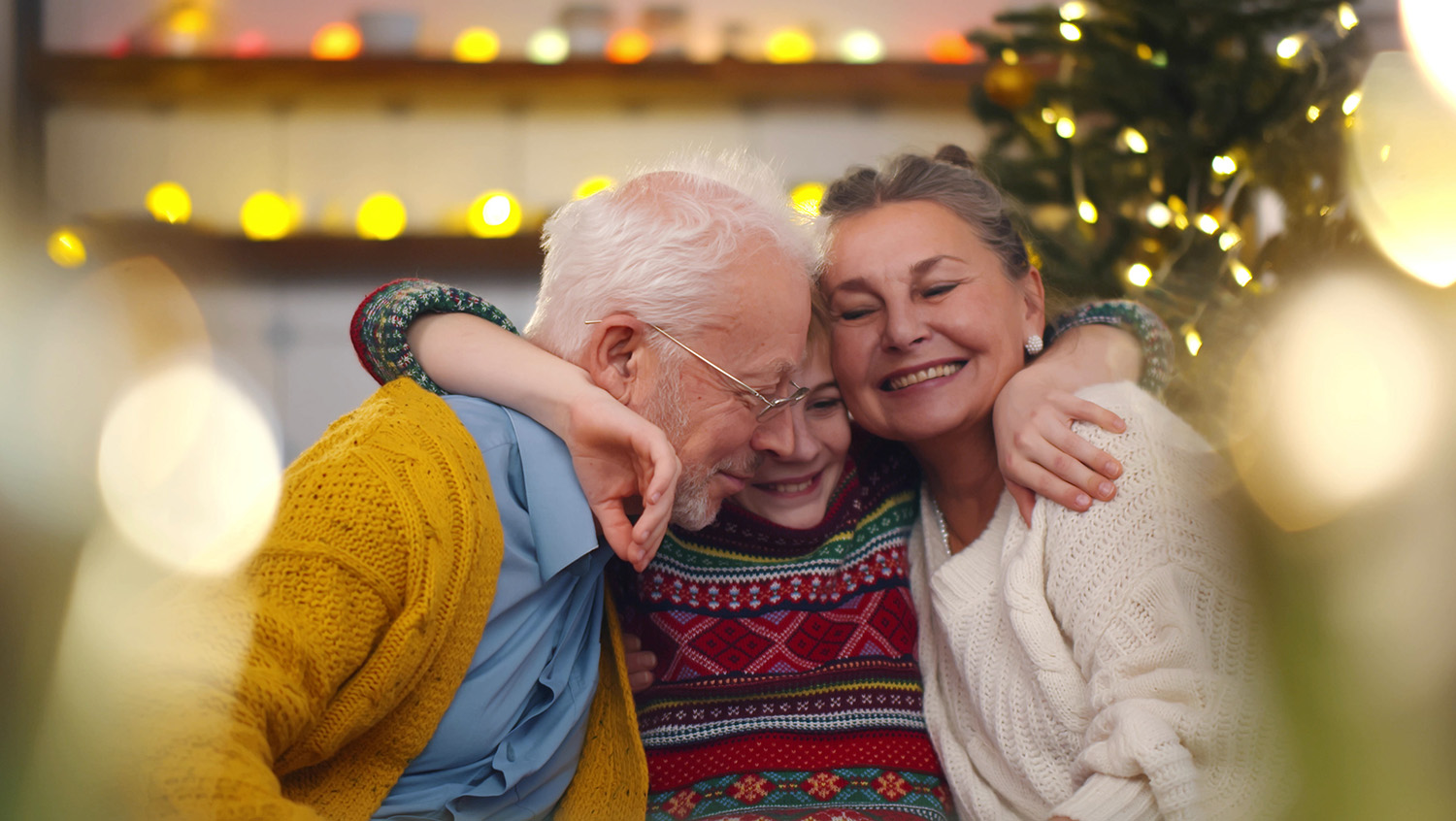
Note: This is for informational purposes and should not be mistaken for medical advice. Please consult a physician or other medical professional or specialist for all health matters.
The holidays are approaching! It’s time for celebration and spending time with loved ones, some of whom we don’t get to see as often as we’d like. But what do you do when you notice changes in your loved one’s surroundings or behaviors?
This year, make the most of your holiday visits with loved ones – spend quality time with senior relatives, enjoy your time together, but also take time to observe and address health and wellness issues.
Recognizing these five warning signs early allows you and your loved one to communicate your concerns and needs, make plans for what to do, and ensure the safety of your loved one for the coming year:
1. Appearance and Personal Hygiene
Changes to personal appearance can be a warning sign that a parent or other senior loved one is in distress. Have you noticed any changes in their hygiene habits? Is their clothing suitable for the time of day and season? Changes in this area could indicate that an aging person is struggling with personal care.
Unexplained weight loss is another obvious sign of health changes, both physically and mentally. Cancer, depression, and dementia are a few potential causes of noticeable weight loss. Furthermore, some medications, as well as aging in general, can alter how food tastes and/or cause appetite loss. If there is a noticeable loss of weight, discuss your concerns with your loved one and schedule an appointment with their care provider if needed.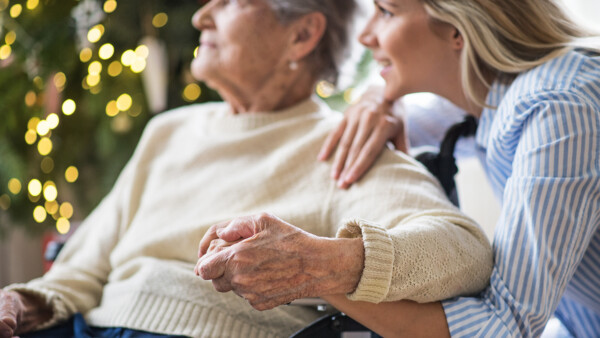
2. Changes in Gait and Balance or Recent Falls
Keep a close eye on your loved one’s gait and movement. Inability to walk, changes in gait or obvious pain while moving can all be signs of joint, muscle, or neurological problems. If your loved one is unsteady on their feet, they are at risk of falling, which could result in serious injury or worse. If you notice changes in their mobility and coordination, make an appointment with their doctor to discuss ways to keep them safe.
If your loved one has fallen more than once or has balance issues, now is the time to consider more specialized senior care. Falls are the leading cause of fatal and non-fatal injuries in seniors, but they are preventable!
3. Depression or Mood Changes
If you notice that your senior loved one is no longer as outgoing as they once were, or seems withdrawn, this can be an early sign of Alzheimer’s or dementia, and is worth investigating.
Senior adults are frequently affected by depression, especially if they live alone. Does your loved one seem to get tired easily or do they sleep a lot? If the senior member of your family shows signs of fatigue, lack of interest in conversation, excessive sleeping, agitation, or confusion, you may need to intervene on their behalf and schedule an appointment with their care provider.
4. Changes to Home Environment
If your loved one has always been meticulous about keeping things tidy and paying bills on time, but you discover an excessive amount of clutter and stacks of unopened mail while visiting, there may be an issue. Has the laundry piled up? Is the trash heap overflowing? A messy house can be risky for your loved one’s health and safety as well as a sign that they are having trouble.
Now is also a good time to examine the expiration dates on their medications and see if they’re taking any prescribed medications correctly. If something seems off, trust your instincts because you know your loved one and their habits best.
5. Signs of Financial Distress
Is your aging parent or family member still able to manage their finances in the same way they used to? If you notice stacks of unopened bills or debt collector calls, they may require financial assistance.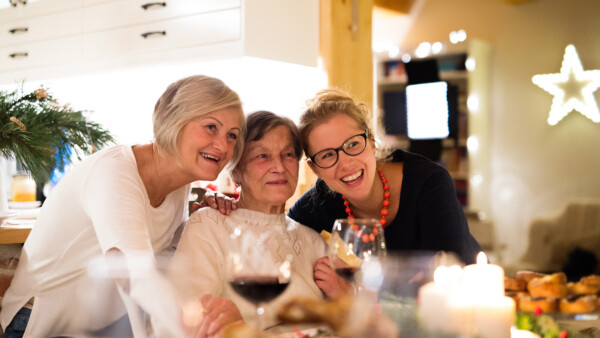
How to approach your loved one if you notice any of these changes?
It can be hard for seniors to admit that they need help. As their loved one, you may have to be the one to start conversations surrounding advancing care needs.
Because each person’s situation is unique, you should approach your loved one in the way that best complements your personal relationship. For help finding a community that’s right for your loved one, schedule an appointment with one of our Senior Living Communities and talk with our experts.

